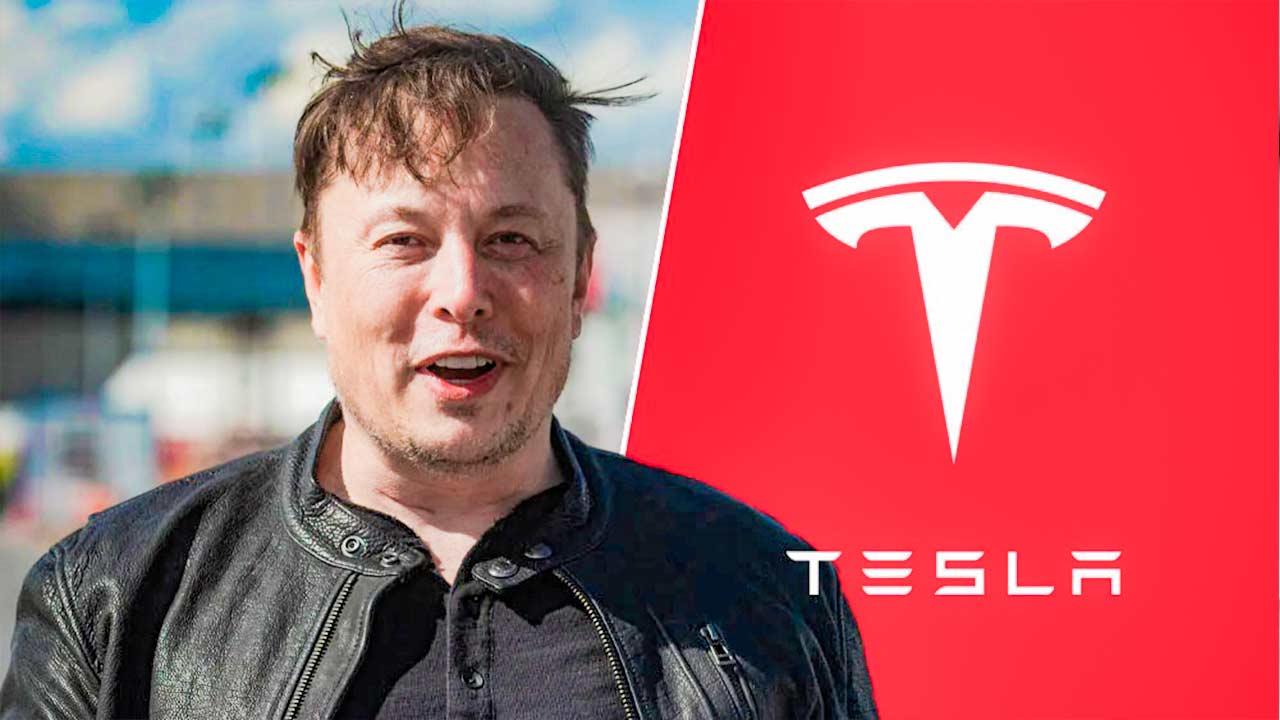Tesla and CEO Elon Musk will defend the massive compensation package that helped make him the world’s richest man in court this week. The week-long trial in the Delaware Court of Chancery will examine the automaker’s board of directors’ 2018 compensation plan drawn up for Musk.
The automaker said it could be worth about $56 billion at the time, making it the largest compensation package for anyone on earth from a publicly traded company, and today is in the scarce air of a $50.9 billion salary.
Corporate executives at the largest companies are often slapped with hundreds of millions of dollars, but initially the plan to pay Musk was in the tens of billions, as long as he met performance goals. It was not in the cash. Top executive salaries rarely are. The more shares Tesla goes into the company, the higher the value of those shares, the more rewards Musk receives.
The higher the price of those shares, and as Tesla’s stock rose, it helped boost its net worth to more than $300 billion at a time, all while reaping potential profits from all shareholders.
Elon Musk was dividing his time among his many other endeavors. SpaceX began regularly sending astronauts to the International Space Station. The Boring Company built a loop under the Las Vegas Convention Center.
Musk isn’t the only one who has benefited from the rise in the value of Tesla’s shares and options. Tesla’s market value has risen more than 1,000% since Tesla’s pay package was approved in March of 2018, Tesla executive compensation was raised in Tesla raises serious questions that may be important Tesla’s board of directors has defended the compensation package.
The trial could also fuel debate over executive compensation, including the large stock grants they receive. S&P 500 CEOs will earn an average of $18.3 million in 2021, which is 324 times the companies average salary.
Amazon CEO Andy Jesse to receive compensation of $212.7 million in 2021 Apple CEO Tim Cook received around $100 million last year Microsoft CEO Satya Nadella was paid around $50 million in 2021.
Tesla shareholders claim that Musk took advantage of his control over the company and its board of directors and received hefty compensation packages to fulfill his personal ambition to colonize Mars.
Elon Musk entered March 2018 as shareholders approved a compensation plan at number 41 on the Bloomberg Billionaires Index, largely due to his involvement in Tesla and SpaceX. Tesla was a promising but troubled automaker at the time.
It reported a loss of nearly $2 billion a year ago and struggled to overcome production delays as it revamps its mass-market Model 3 sedan in the midst of a year of Elon Musk production hell as well as distribution logistics. manufactures. Ends with talking about living in hell and making fun of bankruptcy.
Many questioned whether the company could survive as an independent automaker. Tesla’s board of directors realized that with proper execution the automaker could become one of the most valuable companies in the world, and Musk had long held his position.
The compensation plan included 12 batches of stock that Musk would receive if milestones were hit that included Tesla’s market capitalization as well as revenue and adjusted earnings. Each batch of stock will vest if Tesla’s market capitalization rises from $100 billion to more than $50 billion. Other milestones include $35 billion in annual revenue and $3 billion in adjusted earnings.
What originally planned to pay off over the course of a decade proved extremely lucrative for Elon Musk, and at surprising times Tesla was the best-performing US stock in 2020 and became America’s most valuable automaker. Its small SUV Model Y has recently become the best-selling car in Europe.
Elon Musk has reached several milestones triggering the payment and is expected to earn the final batch early next year. The payment scheme has made Musk the world’s richest with an estimated net worth of $184 billion, according to the Bloomberg Billionaires Index.
Estimating his actual net worth can be challenging because a significant portion of SpaceX is invested in a private company that is not required to publicly make detailed financial disclosures that could show a decline or increase in value.
